Blog
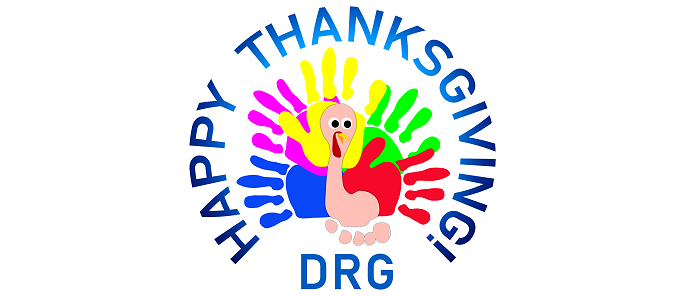
Happy Thanksgiving from Dupuytren Research Group!
Wishing everyone a happy and healthy 2018 Thanksgiving from the Dupuytren Research Group. The gift of life is the best gift of all. May you have a wonderful and meaningful Thanksgiving!

Dupuytren and Fear of the Unknown
Dupuytren and Fear of the Unknown Boopuytren! Here’s a common Dupuytren script. A person finds something unexplained in their palm. They see a hand surgeon, who tells them “You have Dupuytren disease.” “There’s nothing to do now.” “Come back when you can’t put your palm flat on a tabletop.” First, disappointment:
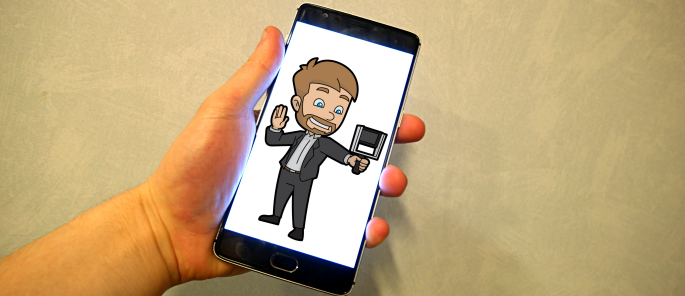
The Importance of Dupuytren Stories
The story depends on the storyteller. For nearly two centuries, the only narrators of the story of Dupuytren have been doctors and therapists. The public face of Dupuytren was limited either to what was easy to describe (measuring finger angles) or to technical details relevant to surgery. It was a
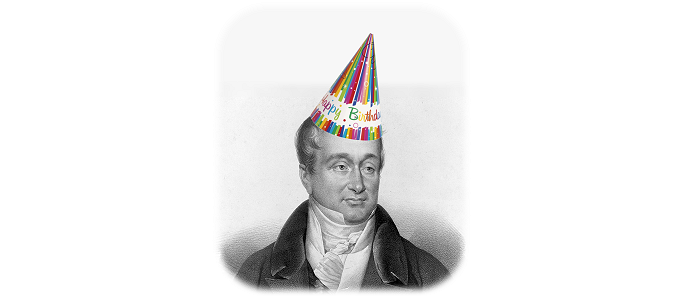
Happy Birthday, Dupuytren!
Today Would Have Been Dupuytren’s Birthday Guillaume Dupuytren (10/5/1777 – 2/8/1835) was born on this day in Pierre-Buffières, France. He excelled in anatomic studies and was appointed assistant surgeon at the Hôtel-Dieu in Paris at the age of 26. He rose to the position of head surgeon at the Hôtel-Dieu
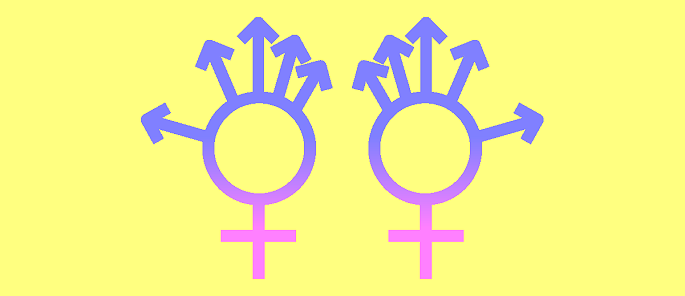
Women with Dupuytren disease
Women with Dupuytren Disease A traditional Dupuytren narrative is that Dupuytren is primarily a painless nuisance problem of bent fingers in old men. This perception does a disservice to many. Not only is Dupuytren common in women, it may also present a unique burden to women. Updating the traditional narrative

Citizen-Scientists for Dupuytren Research
I had a recent correspondence with someone who wanted to discuss the off-label use of Anakinra, an IL1RAP blocker, for her early Dupuytren disease because it had worked so well (off-label) for a problem she had similar to frozen shoulder. It turns out, there are a few small reports of

2018 Father’s Day
Father’s Day is this weekend! Fathers pass on so many things to their children – wisdom, bad jokes, and sometimes Dupuytren disease. Over half of people with Dupuytren disease know a family member with Dupuytren. Dupuytren Celebrities This Father’s Day, these celebrities share their experiences with Dupuytren in their families.
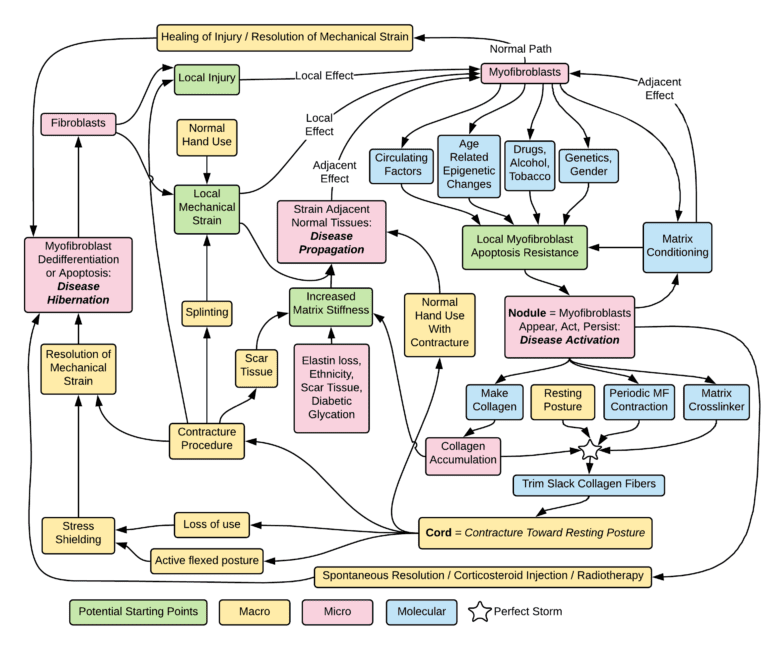
One Dup, Two Dup, Red Dup, Blue Dup
So much is known about Dupuytren; much more needs to be known. Dupuytren probably isn’t one single diagnosis or one single disease. It’s the end result of overlapping causes. It’s a late effect of many possible causes, the same way similar looking scars can be the late effects of different injuries –
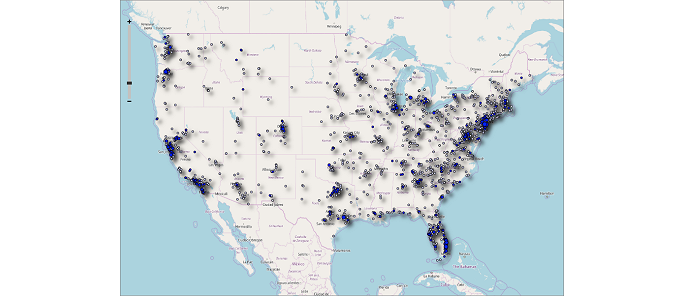
Mother’s Day Maps
May is here. Summer is coming! In many countries, Mother’s day is being celebrated this Sunday. It’s a meaningful milestone. Dupuytren Research Group is also marking milestones – on a variety of maps. International Dupuytren Data Bank Enrollment The IDDB is nearing the 3000 enrollee mark: as of today, we
 Recent Dupuytren Publications
Recent Dupuytren Publications
- Challenges and innovations in the surgical treatment of advanced Dupuytren disease by percutaneous needle fasciotomy: indications, limitations, and medico-legal implications
- Adjuvant Treatment with Celecoxib after Collagenase Injection for Dupuytren Contracture: A Double-Blind Randomised Controlled Trial
- Biochemical and Histological Differences between Longitudinal and Vertical Fibres of Dupuytren's Palmar Aponeurosis and Innovative Clinical Implications
- Alterations in the Structure, Composition, and Organization of Galactosaminoglycan-Containing Proteoglycans and Collagen Correspond to the Progressive Stages of Dupuytren's Disease
- CASTing the net wider: A case report of PLACK syndrome associated with dilated cardiomyopathy

